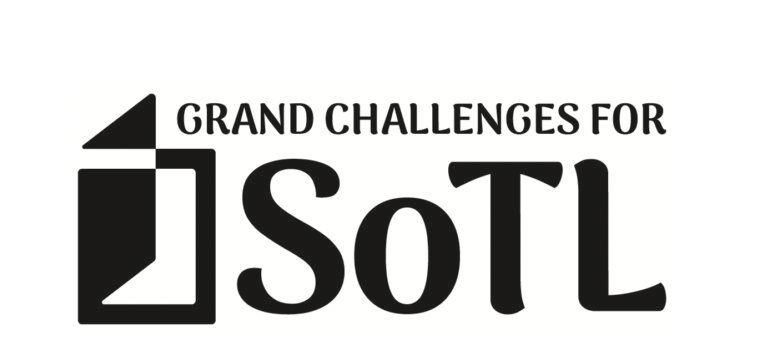Critical analysis involves the ability to evaluate an author’s work, whether it is an article, a book, a movie,or some other product. Ultimately, the purpose of critical analysis is to engage with a text instead of simply reading it over and accepting everything it says without questioning. This will facilitate a better understanding of the material, as well as lead to more interesting and meaningful observations about the topic.
A critique is the written analysis of the subject. Critical analysis skills are needed to write an effective critique, but it is also necessary to be able to communicate the analysis to a reader in a clear, effective way.
Critical Reading
Critical reading is the ability to read a text without automatically accepting everything it says. In other words, it means questioning what an author has to say about a topic. In order to read critically, it is essential to ask questions while reading, not only afterwards.
While reading a text, consider the following points:
Identify the author’s thesis (central argument of the text).
Evaluate how the author has attempted to prove his or her thesis (has he or she used facts,
statistics, anecdotes, theoretical research, etc.?). Is this support adequate to prove the thesis?
Identify why the study is important or interesting. What new insights or applications does it add to the field of research?
Consider the theoretical framework that the paper is built on. What are the theoretical implications of this paper in regards to the field of study? Do the author’s findings support thetheoretical conclusions that the author makes? Are there differences between the way that the author uses the theory and the way in which other researchers interpret it?
Observe whether or not the author has provided alternative possibilities, theories, or evidence. If so, has he or she explained why they are less useful or applicable than the one presented? Has the author justified his or her choice of theory or methodology?
Decide whether or not you agree with the author’s argument or findings. Based on yourknowledge of the subject and theory, do you agree with the author’s conclusions?
Check to see whether or not the author has made any generalizations, assumptions, or illogical connections between ideas. If so, what are they?
Critical Analysis
Critical analysis is not simply paraphrasing or summarizing what an author has stated. This process requires the careful consideration of the information presented in the work and an evaluation of what it means, how it is presented, how it relates to other ideas, and possibly what implications it might have for other perspectives or other pieces of writing.
It is important to note that critical analysis is not the same thing as criticism. Criticism often means to find fault with something, even if it is not merited. However, as mentioned earlier, critical analysis means tolook at a text through a critical lens: examining the assumptions and implications of the author’s argumentor study.
Thus, it simply means thinking about whether or not the text is useful; whether or not its arguments are valid; and whether or not there are problems with the theory, methodology, or assumptions used by the author.
Writing the Critique
Once the evaluations from the critical reading process are complete, you must consider the structure of the actual critique. The critique should almost always have the following elements:
Introduction with Summary
A critical analysis should not simply summarize the work, but a brief summary is usually necessary to ensure the reader of the critique is generally familiar with the source material. Depending on the length of the summary, it could be included as part of the introduction or as a separate paragraph after the introduction. This is not the place to give a detailed outline of the arguments an author makes; covering the broad ideas is sufficient.
Thesis Statement
This thesis statement is the thesis of the critique, not the thesis of the work under investigation. This is the place to outline the final evaluation of the work as useful or not, well-argued or not, etc. As with all academic writing, this thesis statement should be well supported by evidence from a thorough analysis.
Analysis of the Theoretical Framework
When analyzing the author’s use of theory, refer back to the questions asked during the critical reading process. This section may address whether the author adequately considered competing theories and interpretations, or whether he or she justified the reliance on a particular theory. Any differences between the use of a particular theory by this author and others could also be discussed here. Finally, evaluate whether the theories used were actually supported by the evidence the author put forth.
Analysis of the Methodology
Depending on the field of study, the methodology section could address several elements. If the work relies on argument and interpretation, this section may be used to address whether the author was able to successfully argue his or her position, including the kinds of evidence and arguments used. If the work relies on empirical research, this section could address the literal methodology the author used to gather data, including experiment setup and any sources for errors the author may not have accounted for.
Conclusion
As with any academic essay, your conclusion should include a brief summary of your thesis and main points, as well as a statement that broadens the argument into a larger context. For a shorter critique, the conclusion does not need to be more than a couple of sentences; however, it is still needed to finish off the critique in a unified manner, as well as review the main points for the reader.






























